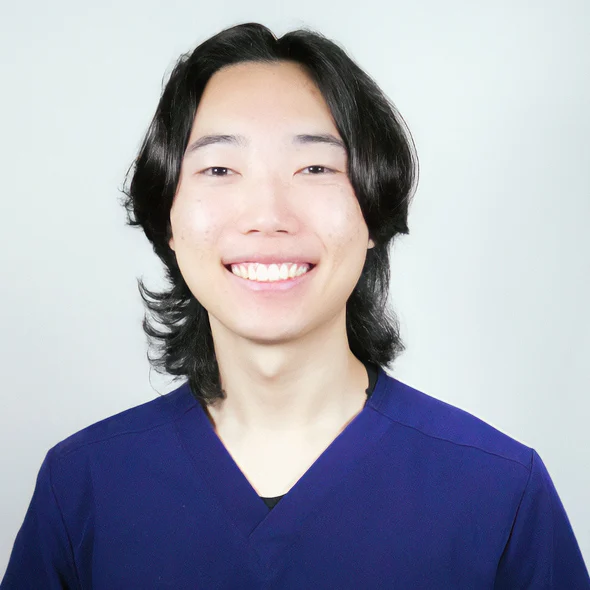What Does It Mean for Someone to Be Autistic?
Autism Spectrum Disorder (ASD) is clinically defined as a group of complex neurodevelopmental disorders. These disorders are characterized by repetitive behaviors and challenges with social communication and interaction. Autism is called a spectrum disorder because no two people with autism experience the same set of symptoms. The variety of symptoms can range from mild to severe, making it challenging to understand the underlying mechanisms behind the condition.
Since autism affects individuals differently, it is important to recognize that each person may have unique experiences and challenges.
How is the Gut Related to Autism?
Recent research shows that children with autism experience gastrointestinal problems much more frequently than children without autism. Scientists have discovered that children with autism often lack important beneficial bacteria in their gut, which is crucial for brain and gut health.
The connection between the gut and brain is significant. When the gut lacks beneficial bacteria, it cannot properly communicate with the brain to regulate various functions. Beneficial bacteria help fight off harmful pathogens, protect against inflammation, and support overall health. Without these bacteria, the gut becomes inflamed, allowing nutrients meant to stay in the gut to enter the bloodstream. The body mistakenly identifies these nutrients as harmful, attacking them as if they were pathogens. This can lead to further inflammation and a weakened immune system.
What Can Be Done to Help Patients with Autism Linked to Gut Health?
Several approaches can help children who suffer from a lack of beneficial gut bacteria and inflammation. Providing the right supplements can increase the amount of good bacteria and essential vitamins in the gut, helping to fight inflammation and boost the immune system. Your healthcare provider can guide you in choosing the right supplements for your child.
Hyperbaric oxygen therapy (HBOT) is another potential treatment. HBOT increases the amount of oxygen delivered to the brain and muscles under higher pressure, which can help reduce inflammation in the gut. This therapy promotes healing by improving nutrient delivery to affected tissues.
At NorCal Brain Center, we offer a variety of treatments designed to help children with autism. Our healthcare professionals can work with you to find the best solution tailored to your child’s specific needs.







